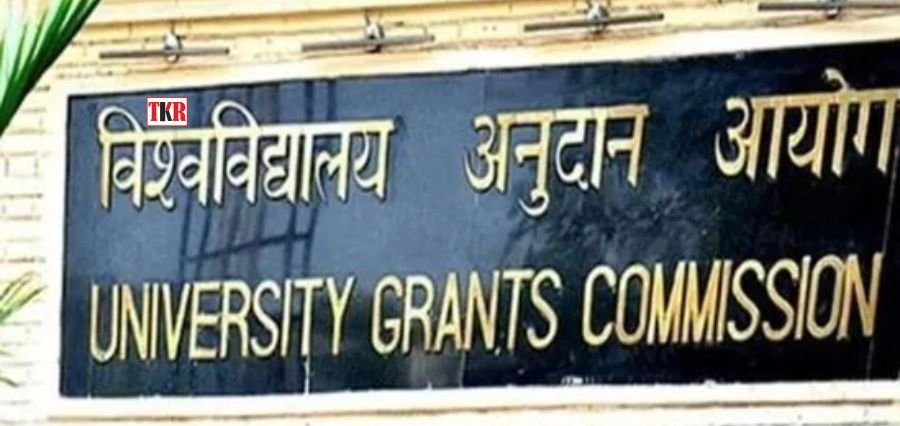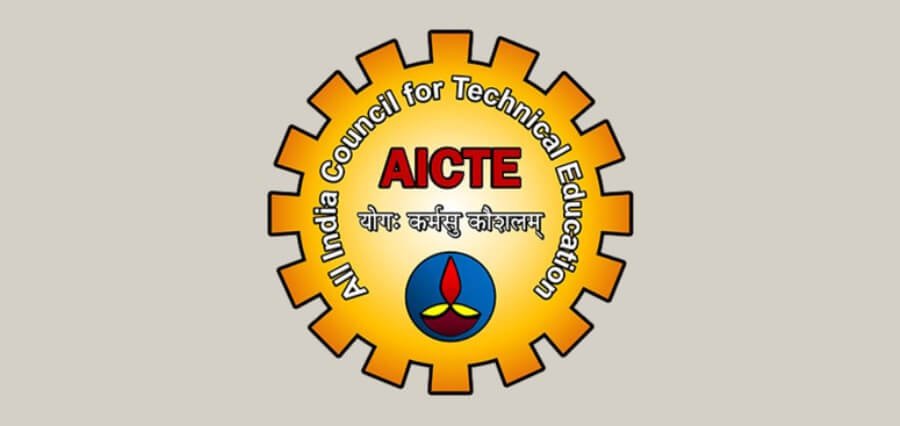On Thursday, the University Grants Commission (UGC) announced the release of the Standard Operating Procedures (SOPs) for implementing the National Credit Framework (NCrF). These new guidelines will impact institutions across Higher Education, Vocational Education, Training, Skilling (VETS), and School Education sectors.
Approved by the Centre last April as part of the National Education Plan, the NCrF has been further supported by a High-Level Committee formed shortly thereafter. UGC Chairman M Jagadesh Kumar described the release of the NCrF SOP as a major advancement toward creating a dynamic, inclusive, and lifelong education system that equips learners with the skills and knowledge needed for the 21st century.
Kumar expressed hope that the framework would enhance transparency and flexibility in education and contribute to generating skilled manpower to drive India’s economic growth.
The NCrF SOPs aim to offer a clear framework for managing credits across various educational sectors, including school, higher education, and vocational training. The system supports the accumulation and transfer of credits, allowing for multiple entry and exit points within the education and skilling framework.
Under this system, a total of 1,200 notional learning hours per year are set across these sectors, with 40 credits awarded upon successful completion. Students can earn additional credits through extra courses, programs, subjects, and projects, with credit allocation based on learning outcomes as assessed.
Credits in the NCrF framework are assigned not only for academic activities but also for practical experiences such as sports, music, and performing arts. This new approach allows students to earn degrees or diplomas in these areas if they accumulate sufficient credits, expanding beyond the traditional focus solely on academic achievements.
Read More: https://theknowledgereview.in/





